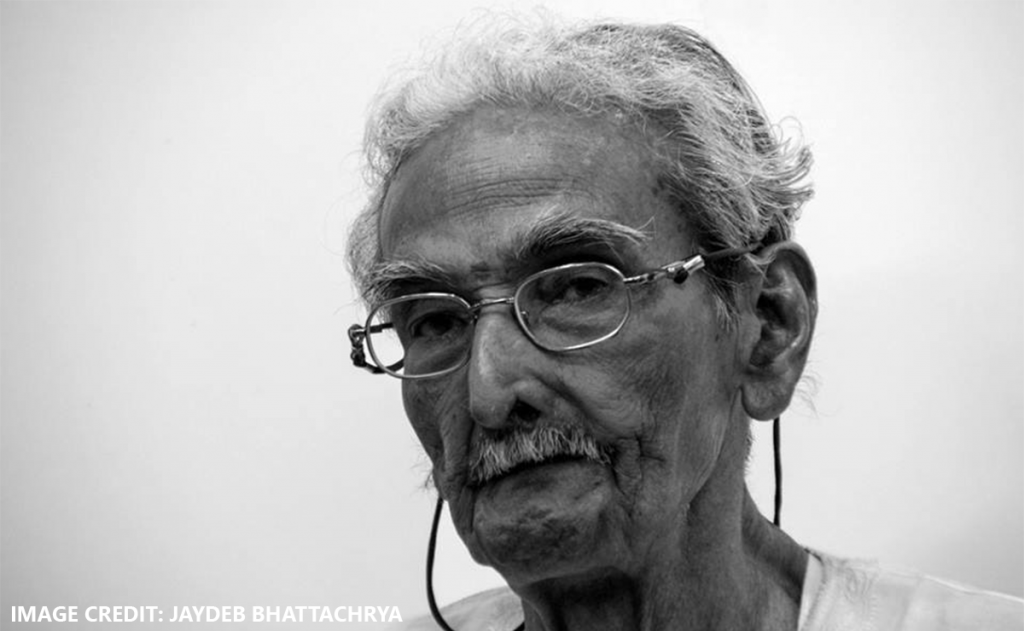May 8 is one of the noblest days for Indian cinema and cinema lovers around the world. One may ask, why? What is so special about this day? Cinephile, like us, would say, watch the film The River(1951) by Jean Renoir or Nagarik(1977) by the legendary film director Ritwik Ghatak, you will get your answers. Ramananda Sengupta was an Indian cinematographer born on May 8, 1916, in Decca(Modern day Dakha), Bengal Presidency, British India.
He studied in Shantiniketan for few years before returning home due to his father’s demise. He came back to Calcutta in id 1930s (now Kolkata)looking for a job. Here he met cinematographer GK Mehta who gave him a job at a studio. The early days were challenging, but that job opened the world of a movie camera for him.
His first break was at Film Corporation studio, where he assisted in producing films like Asha (1938), Dil Hi To Hain (1939). He shot his first independent film Purbarag in 1946. His carrier took a significant turn when he met legendary French film director Jean Renoir. Renoir sent him to England to learn about technicolour cinematography. He always appreciated Renoir for this opportunity. He worked with Renoir on his India centric movie The River(1949).
Sengupta worked for three decades in over 70 cinemas. Some of them were big hit Bengali movies. His work in Raat Bhore (Mrinal Sen’s first film), Headmaster, Teen Bhubaner Pare, Nagarik reminds us of the golden era of the Bengali film industry.
He stopped working in the film industry in the late ’70s, but before that, he passed on his knowledge and experience to his assistants like Dinesh Gupta, Biswajit Banerjee, Alok Kundu and others who later on became renowned Cinematographer themselves.
Sengupta passed away on 23 rd August 2017, at the age of 101. He was one of the last of the pioneers of the studio era of the ’30s and probably the only Indian Cinematographer to have worked with legendary filmmakers like Jean Renoir, Ritwik Ghatak and Mrinal Sen.
Image Credit: Remembering Ramananda Sengupta
